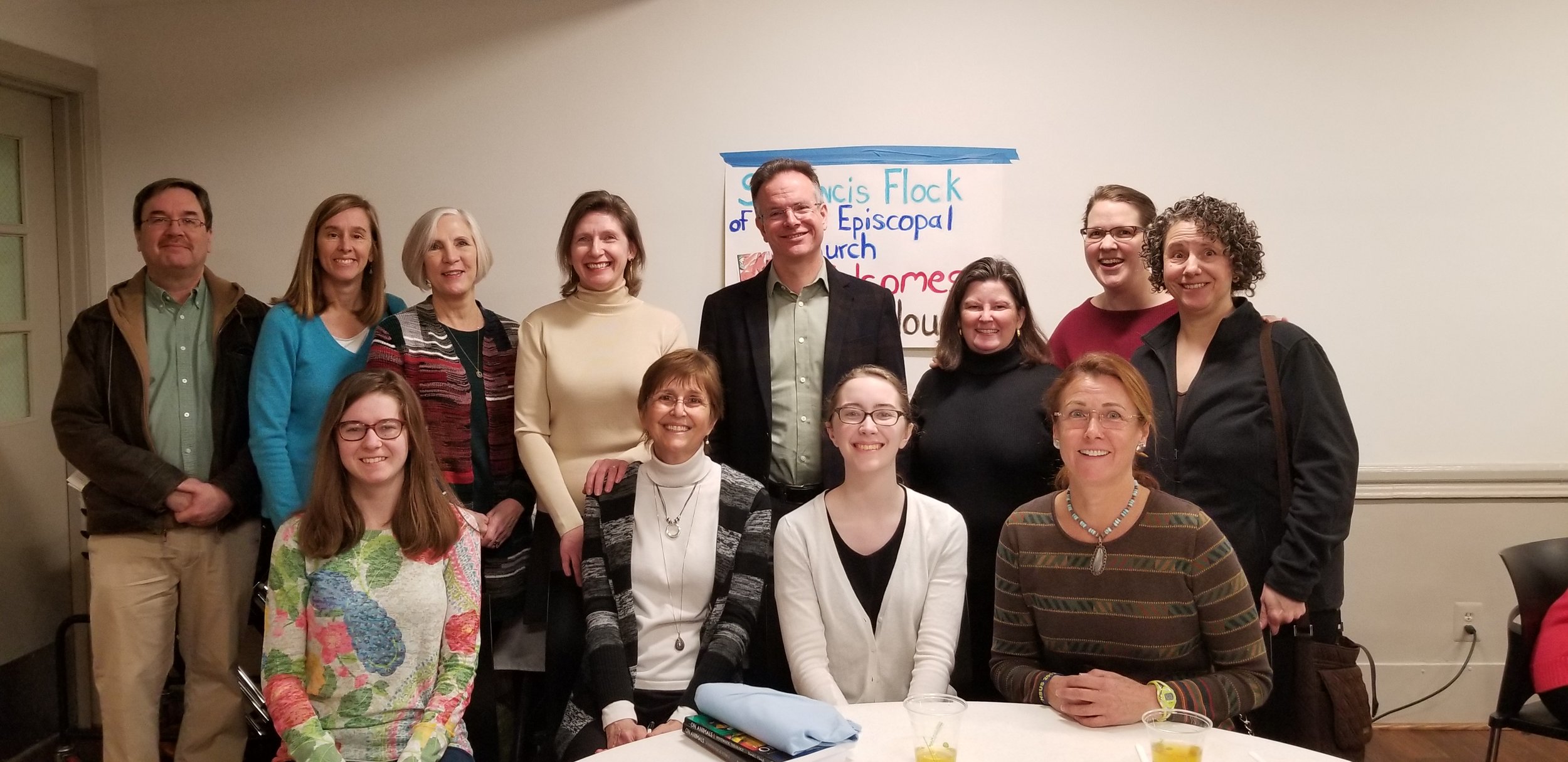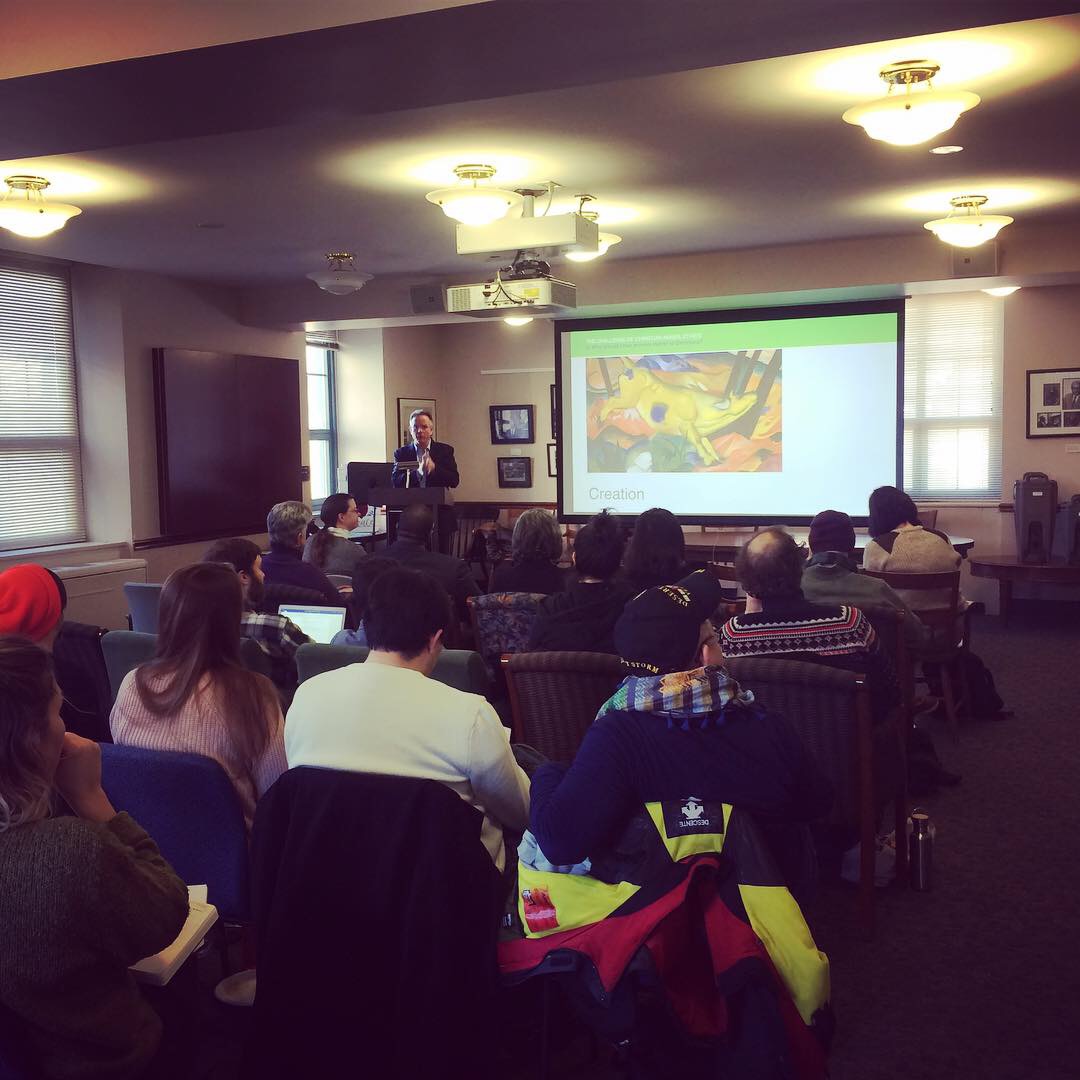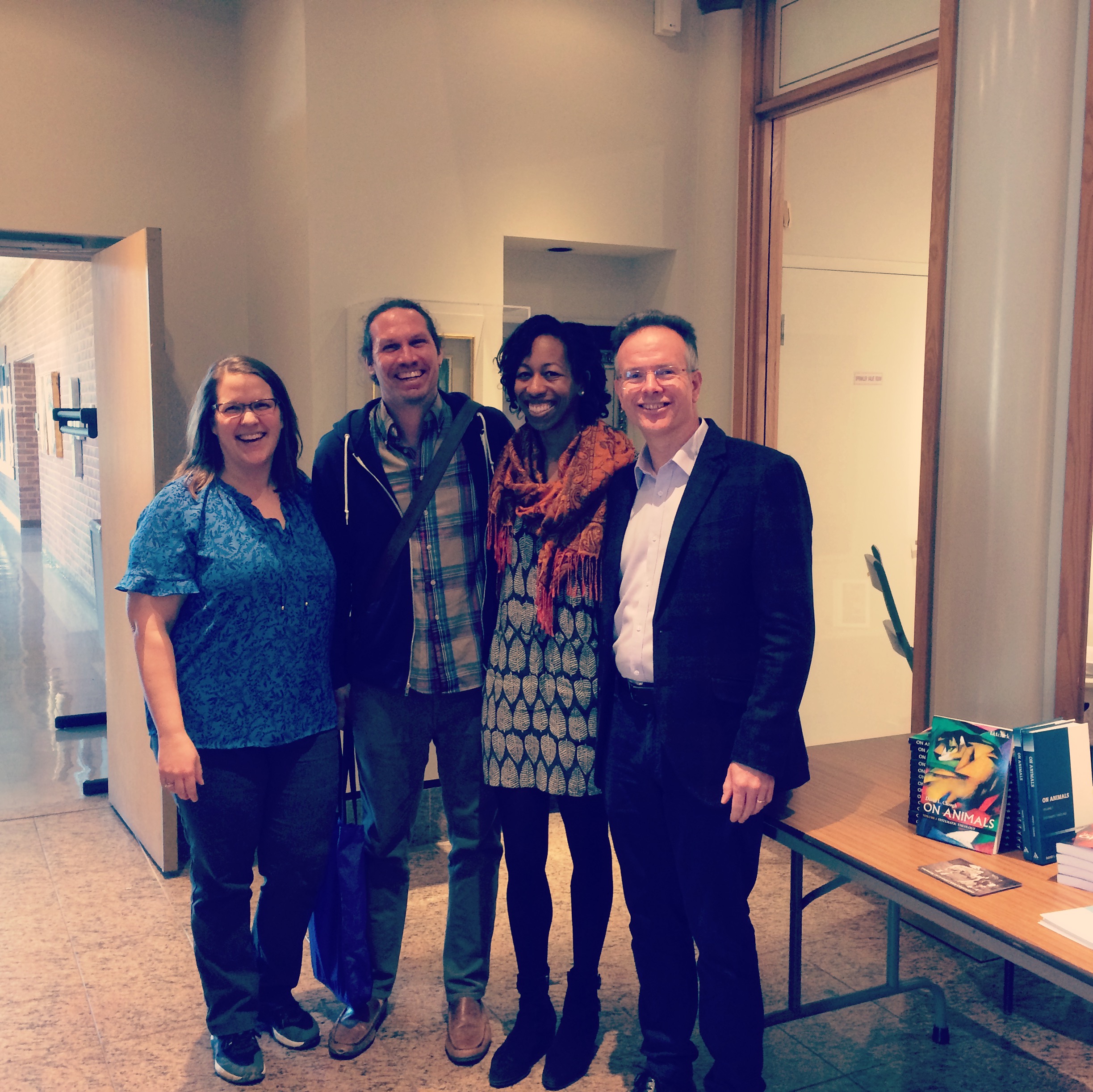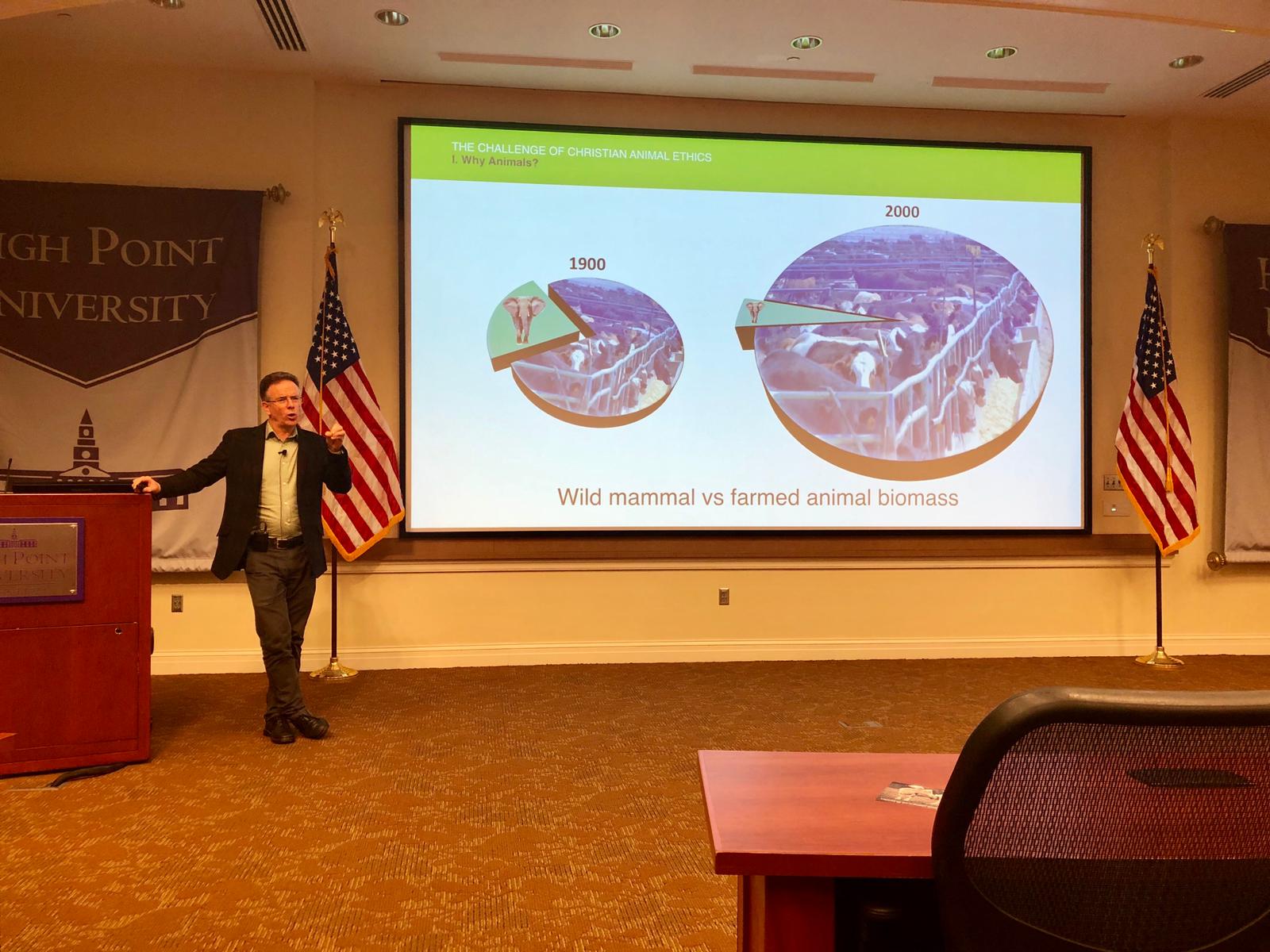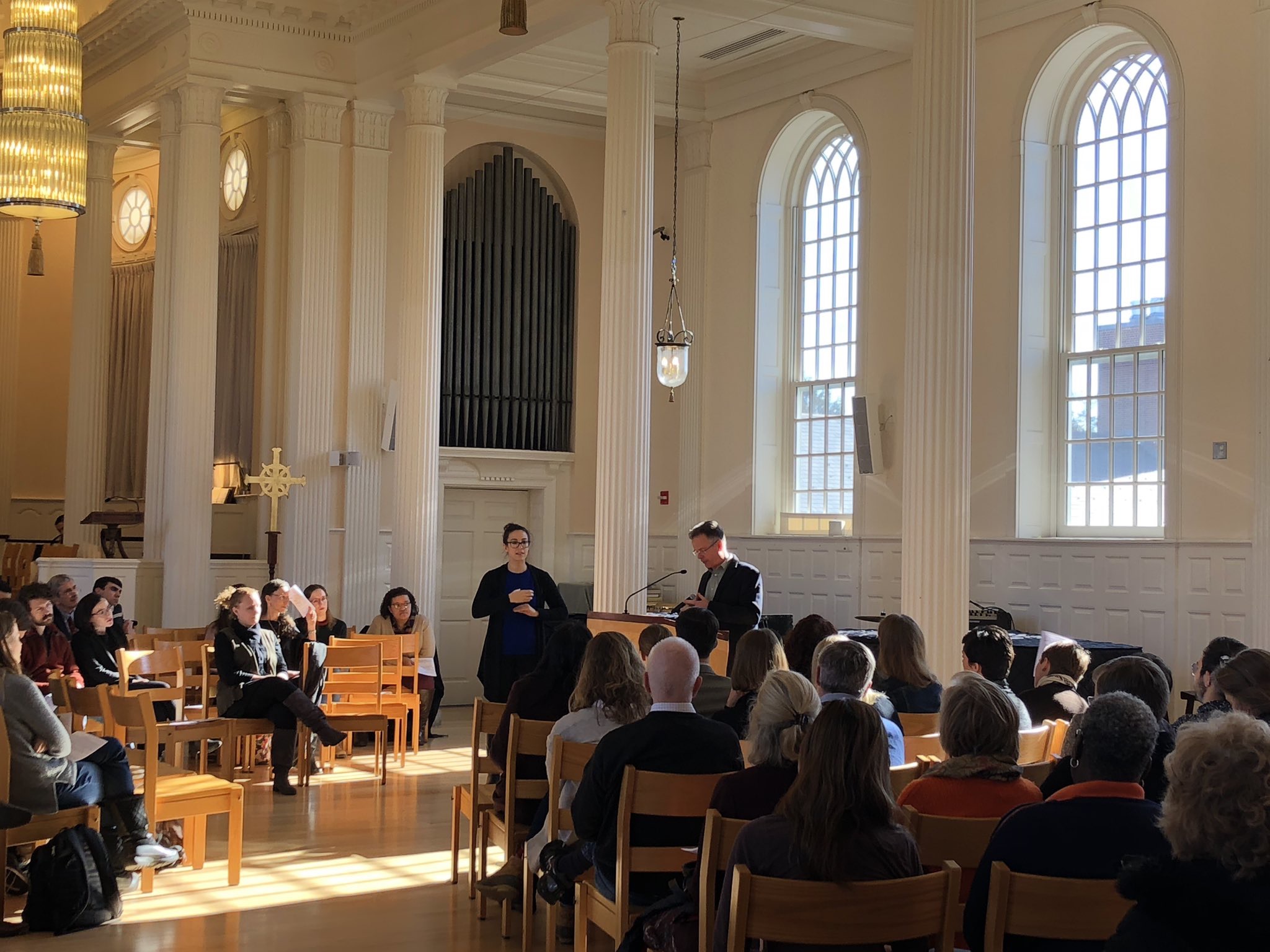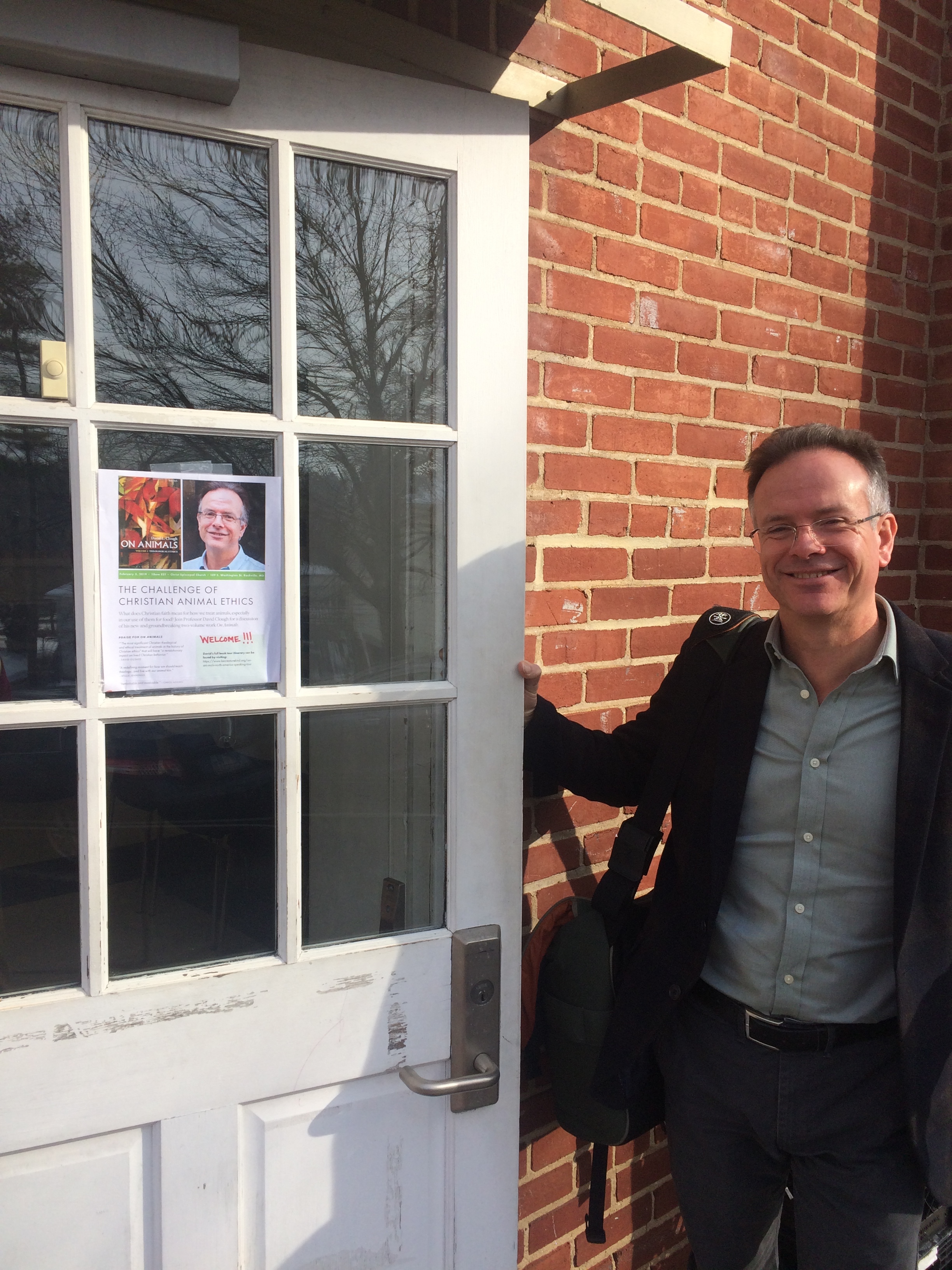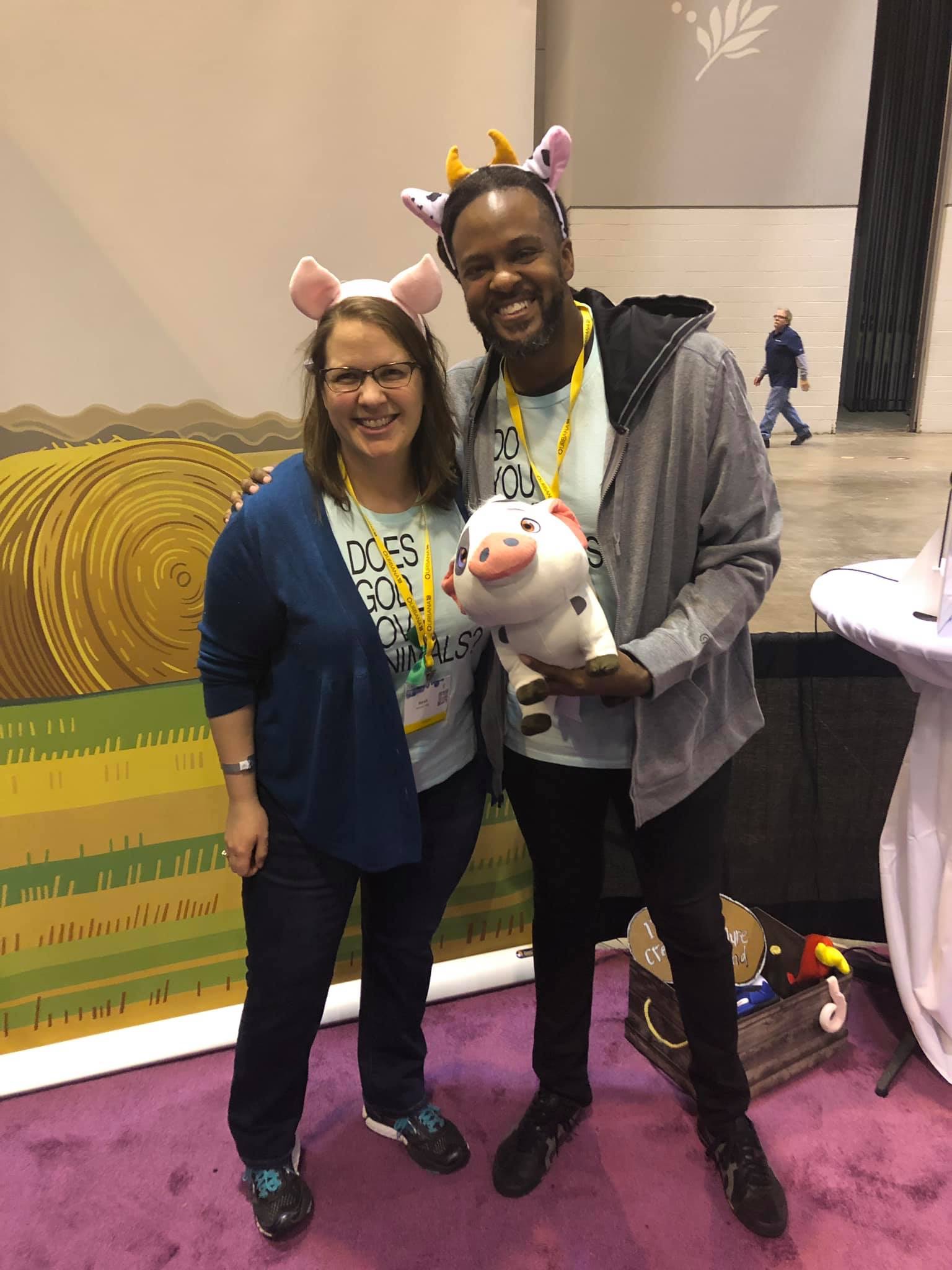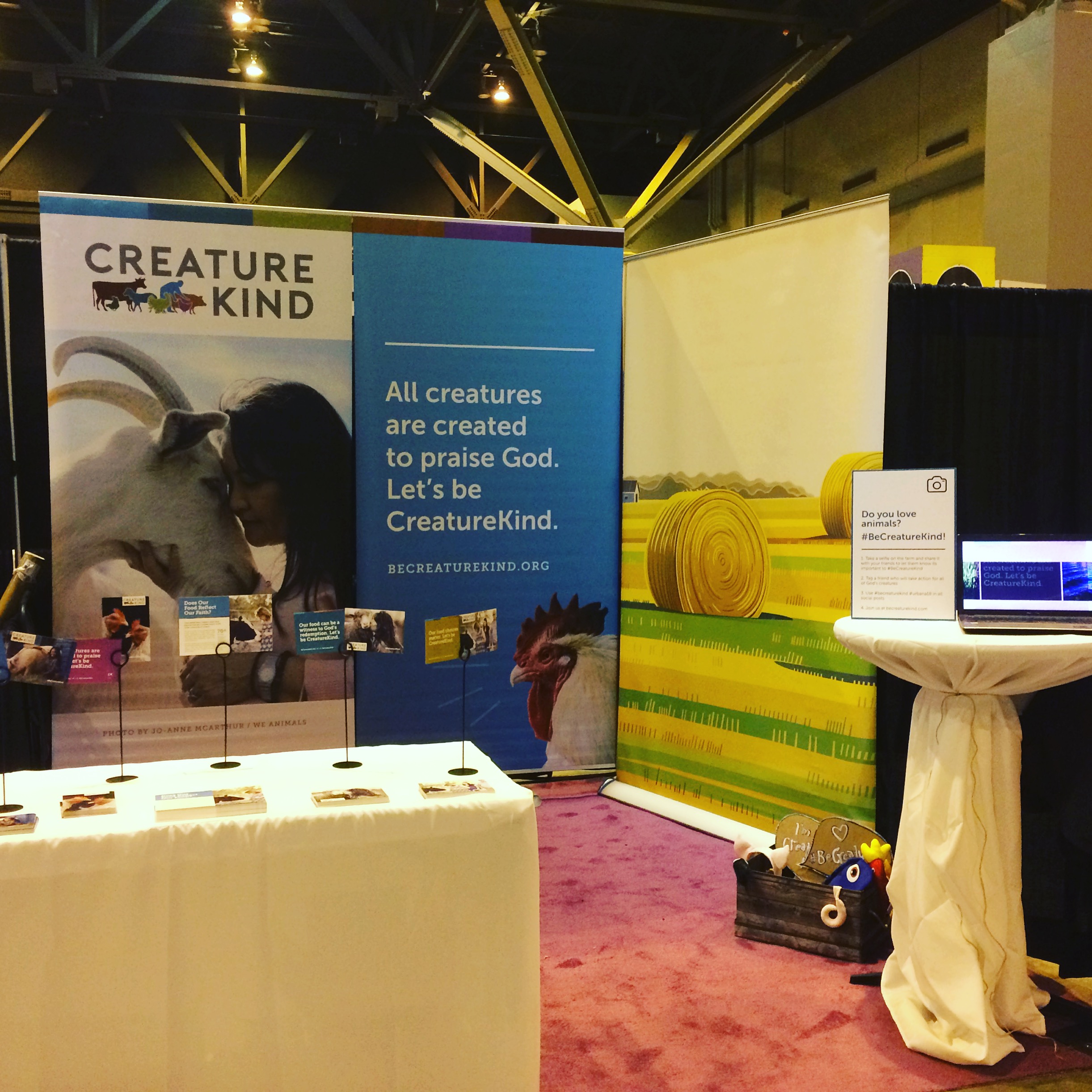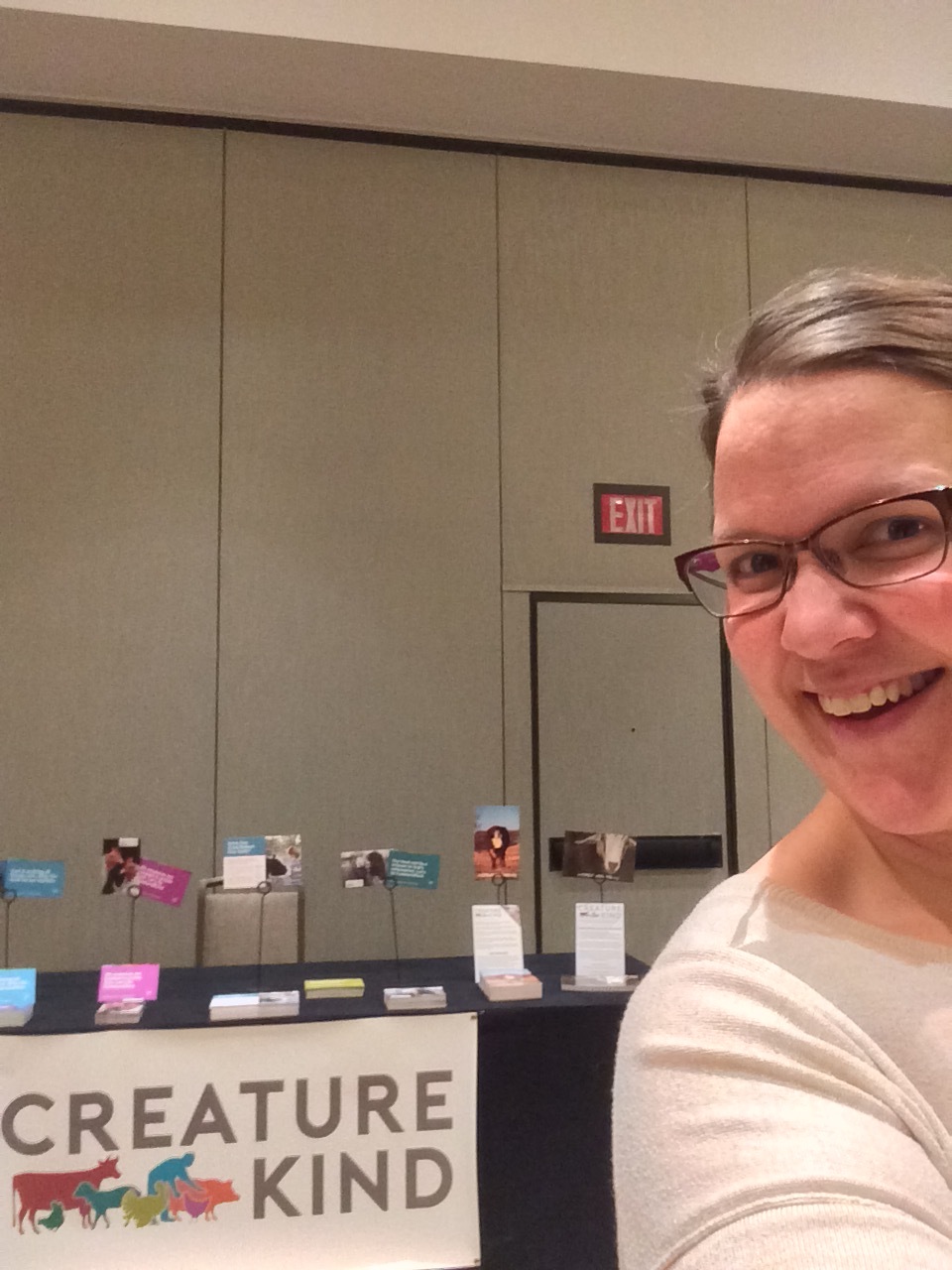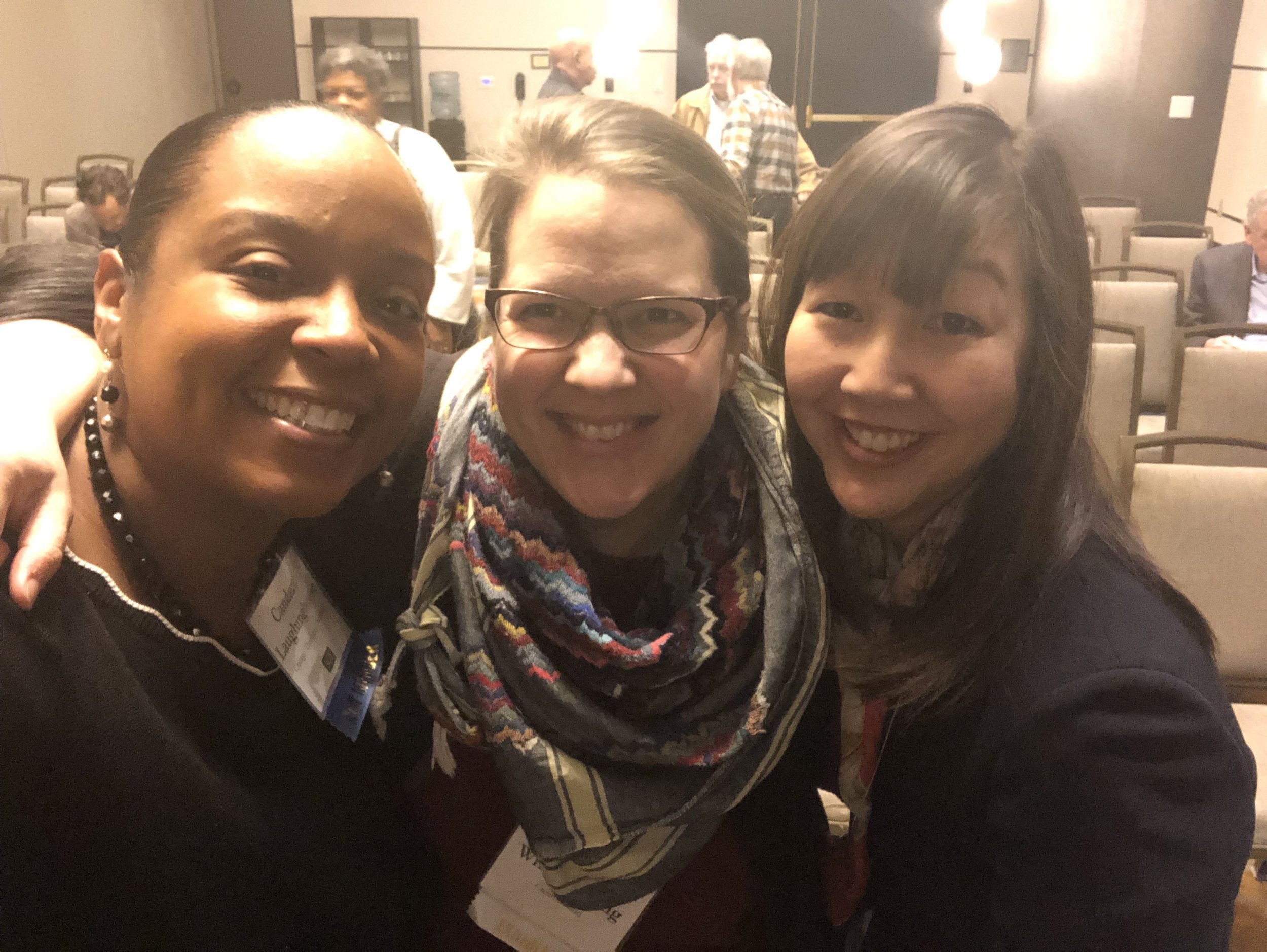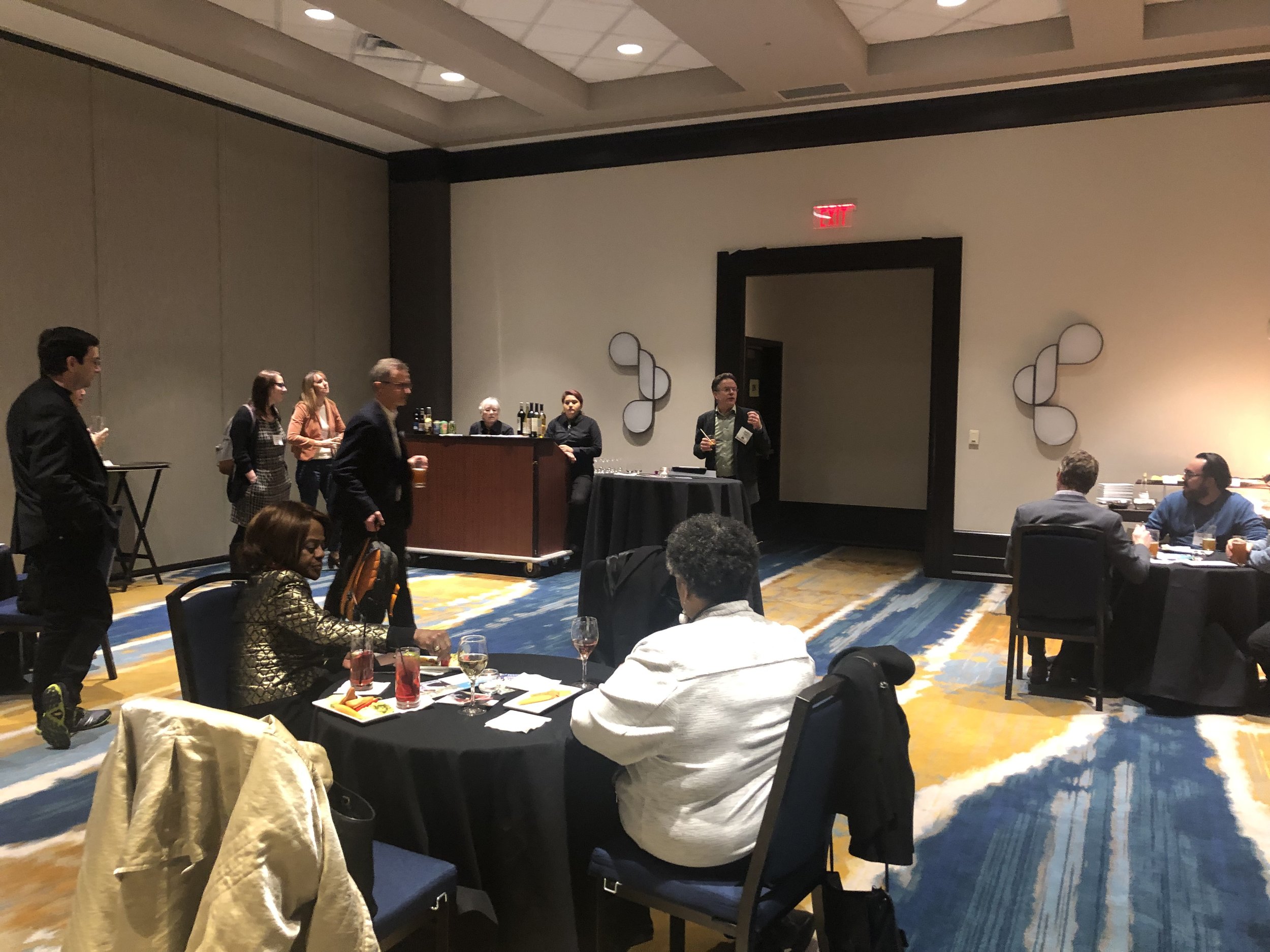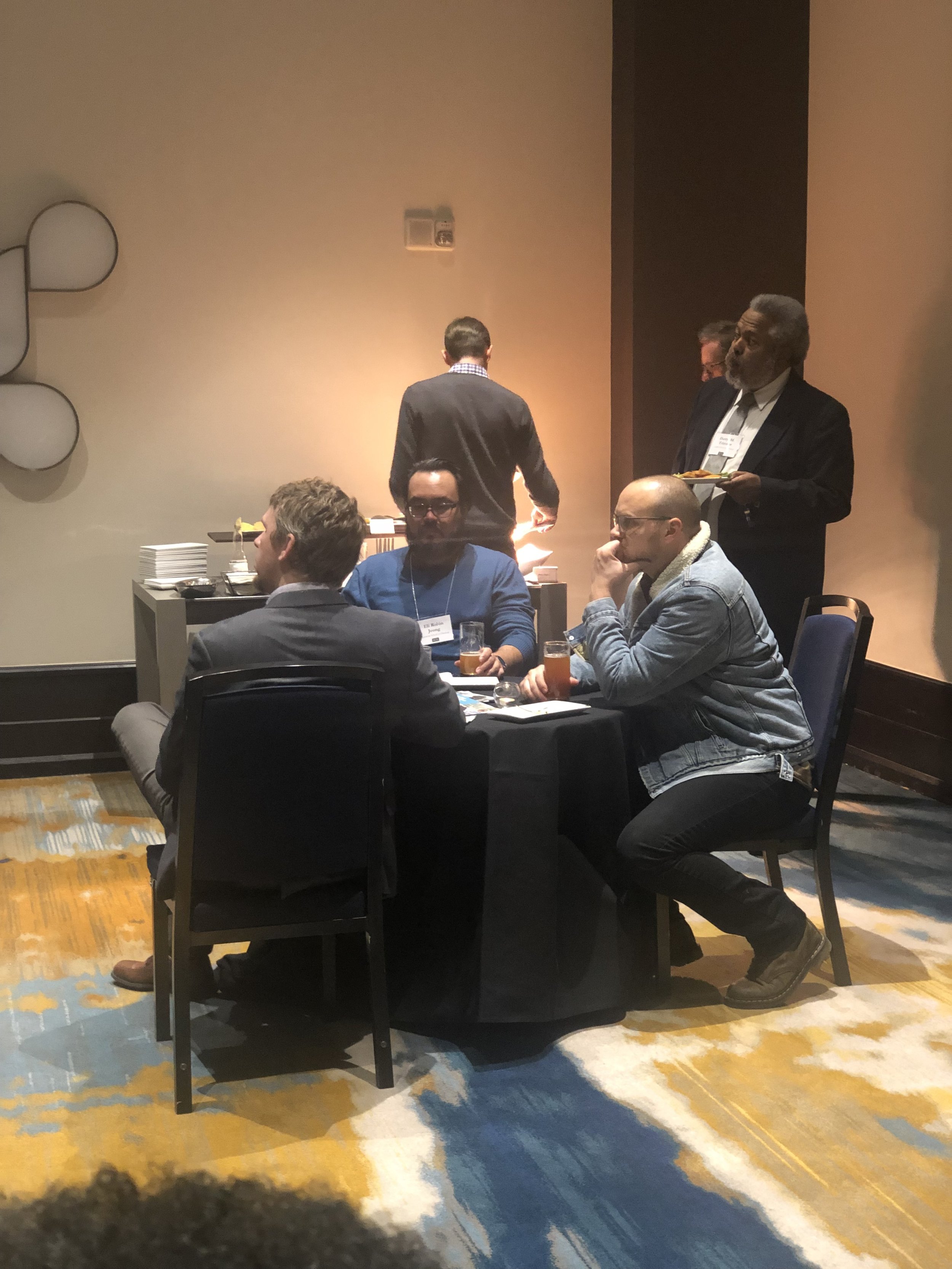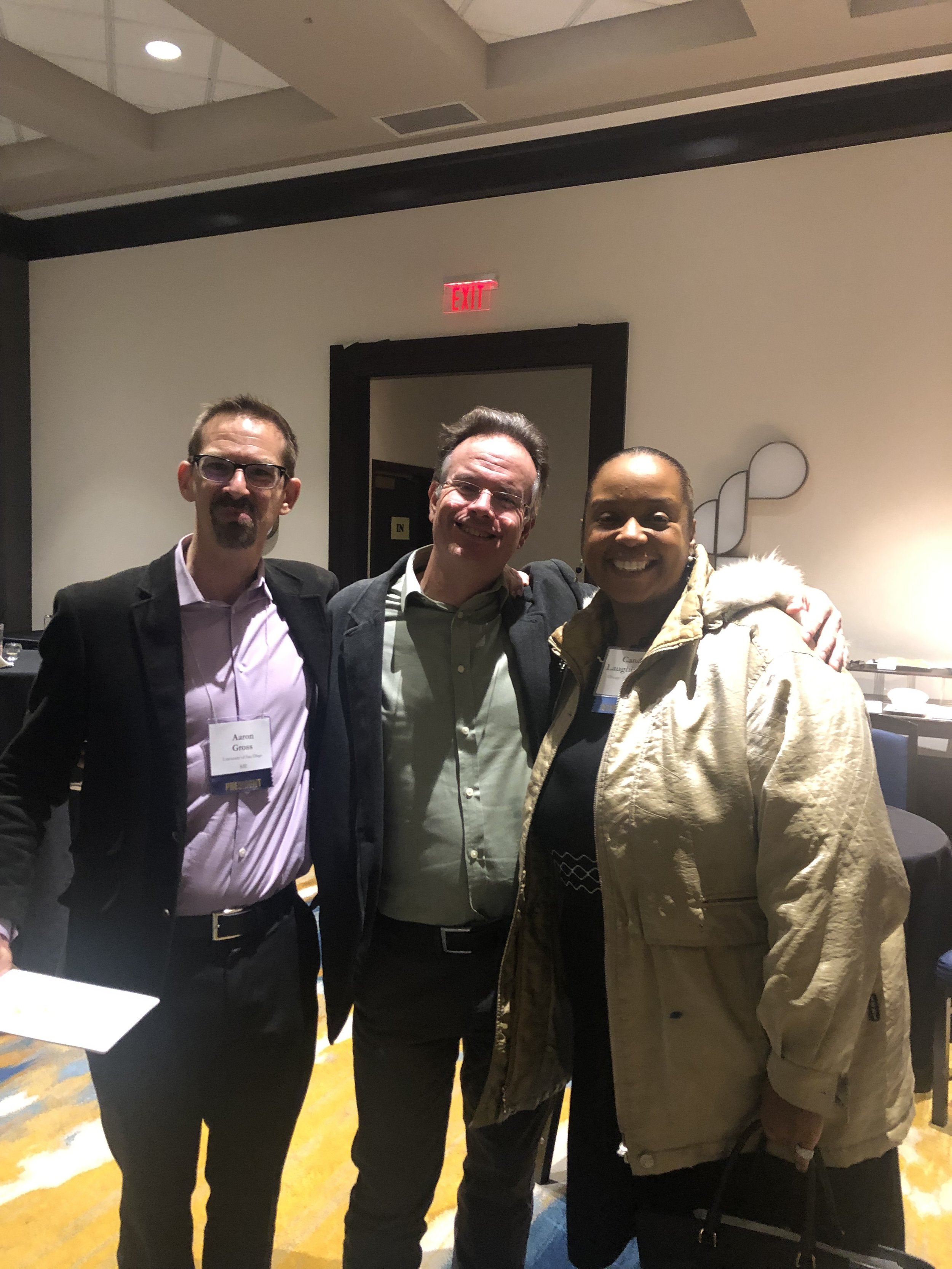by Sarah Withrow King
Three years ago, almost to the day, I shared the following exchange with my son, who was then not-quite-eight years old.
Son: “Mommy? Can I tell you one thing I'm worried about? If people keep littering [begins to cry] the planet will get too hot and we will die!”
Me: “That's why we don't eat animals.”
I noted at the time that my first instinct was to say, "No, no, won't happen, no worries!" I desperately wanted my kid to believe that there was hope, that the world would be able to sustain him. Maybe all the climate change deniers are just flawed parents.
I struggle to maintain this hope myself, and it only gets more challenging as the years continue to wear on and the species continue to die off. I find myself in a frenetic race to produce work that will convince fellow Jesus-followers to take action to prevent suffering and foster flourishing, both present and future.
But there is hope. There is the cosmic hope we share of the full restoration of creation to the Creator, a world, “on earth, as it is in heaven.” And there’s the hope from stories of people who are daily following a call to resist the status quos of consumerism and despair. I heard many of those stories at “On Food and Faith: Ministry in the Time of Climate Change,” a conference hosted on the campus of Methodist Theological School in Ohio (MTSO) by MTSO, The Initiative for Food and AgriCultural Transformation (InFACT), The Center for Earth Ethics, and The Climate Reality Project. Thanks to a few signs of hope, I came away from that event with a profound sense that we who care deeply are not alone in this work, that it’s possible for people with different drives to unite for a common cause, and that the more we work together, the more transformative our work will be.
Honored to co-lead a workshop on “Eating for Community and Climate” with Adrienne Krone, of Allegheny College. Photo credit: MTSO.
My first sign of hope? “The Well-Being of Animals” was a major theme of the event, from small-group discussion time to workshop options, to the mostly vegan food served at the conference. Here’s the handout on the connections between animal agriculture and climate change that Adrienne and I shared with our workshop participants.
Second sign of hope? Stories of transformative actions and initiatives by and from everyday, mostly midwestern, Church folks. The homeschool mom known as the “vegetable pusher.” The young vegetarian who taught herself to hunt when she decided she wanted to eat meat, and who shed tears over every life she took. The bi-racial couple who is defying the odds by holding on to their family farm, despite incredible economic pressure. The Bible teacher who runs a farm co-op, so that the people in his community can have access to healthy, sustainable food. And so much more.
Third sign of hope? Institutions who are changing their practices, taking risks to do what they know is right. MTSO, for instance, runs a huge vegetable farm on their campus, serving farmer’s markets and families throughout their region, in addition to providing food and training in sustainable agricultural practices for their own community. Before they started the farm, campus food services were provided by opening cans and dumping their contents into warming trays. The only kitchen appliance was a microwave. Now, CIA-trained chefs serve up smoked vegetables, wood-fired pizza, local greens, farm-grown fruit, and more. The well-managed farm provides paid internship opportunities for young people who want to learn sustainable farming methods, along with furnished housing and utilities. Faculty members like the brilliant Elaine Nogueira-Godsey, who brought down the house in the final plenary, show students how theology, ecology, and race are deeply intertwined. The campus is buzzing with bees, butterflies, and a sense of possibility.
Photo credit: MTSO
I’m grateful for the opportunity to be a part of this special gathering, and determined to find and share examples of this kind of hope-filled work happening in my own backyard. I hope you share yours, too.
Oh, and I also got to meet former Vice President, Al Gore. His film An Inconvenient Truth was my first exposure to the concept of climate change, and it helped shape my entire life.
P.S. One way you can support this kind of awareness-raising work is to donate to CreatureKind. We are funded entirely by donations, and every dollar makes a difference!






